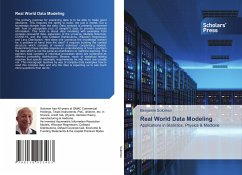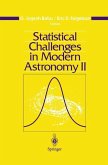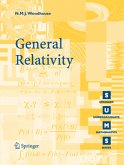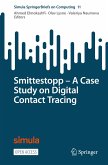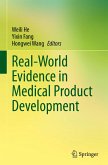The primary purpose for examining data is to be able to make good decisions. This requires the ability to build, not just a model, but a knowledge domain from the data. Data analysis is primarily concerned with how to extrapolate (out of sample?) data to provide business information. This book is about data modeling with examples from complex real-world data, expansion of the universe, Multiple Sclerosis, COVID-19, and the new Collated Distributions, Wilcoxon Regression and Levy Distribution. How does one construct the knowledge domain for a problem at hand from the data? It requires building the context structure which consists of several individual cooperating models. Determining these models requires an understanding of how to partition the data which is not the same as stratification or machine learning. The partition data consists of individual processes which are evidenced as different probability distributions. Beware, much of statistical testing requires that specific axiomatic requirements be met which are usually not. This monograph teaches by way of complex data examples how to read this complex data and why the data is expecting us to ask much more questions than we do.
Bitte wählen Sie Ihr Anliegen aus.
Rechnungen
Retourenschein anfordern
Bestellstatus
Storno

